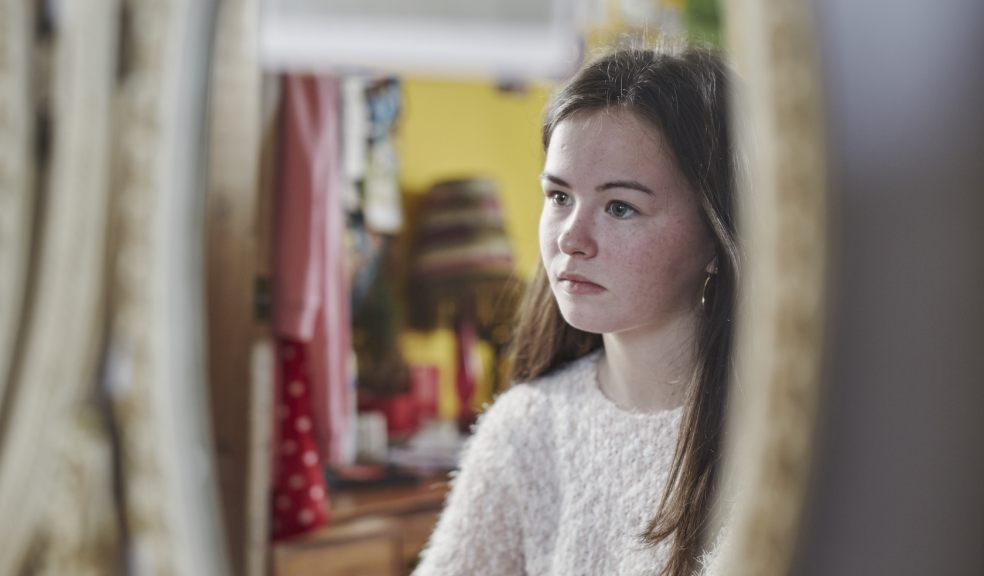
NSPCC launches UK-wide campaign to help children exposed to harm under the lockdown
With growing concern for the safety of some children during the coronavirus crisis the NSPCC wants more people to know how to get advice and support and where to raise concerns about a child’s wellbeing.
The charity is launching a new TV and advertising campaign today (May 4) across the UK to promote its free and confidential helpline for adults.
The film, which will run on national television and across social media, depicts a helpline expert taking a call from someone concerned for the wellbeing of a neighbour’s child.
The Government has provided £1.6m in funding so that the NSPCC canexpand its helpline by employing more staff across two sites and raise public awareness of it.
The work comes as the charity publishes the latest data from its helpline which shows that the crisis has exacerbated existing risks for children and created new ones.
- In the month since lockdown there have been a total of 5,237 contacts to the helpline from across the UK from adults concerned about the wellbeing and safety of a child
- Of these, 817 contacts were from adults with worries about parents and carers misusing alcohol and other substances, a 22% increase on the four weeks prior to March 23rd
- Other issues where there has been a double-digit percentage increase in contacts include domestic abuse (10%) and emotional abuse (50%)
- From April 13th to 19th the NSPCC helpline received 1580 contacts, the highest number in a single week in 2020.
One adult who contacted the helpline in the last month said:
“I am concerned about the children who live next door. Just now I heard the mother screaming and shouting at the child and I heard her say "Shut the **** up!" and there were threats of violence too. There is an ongoing situation where the mother invites adults to the family home and there is a lingering of cannabis in the air whilst the children are present.” (Neighbour)
While schools and social workers remain at the forefront of work to protect vulnerable children, including by supporting them to attend school, expanding the NSPCC helpline and raising its profile will mean more adults know where to go with concerns about the safety and wellbeing of any children.
NSPCC CEO, Peter Wanless, said: “Coronavirus is presenting us with a number of huge challenges, one of which is how we keep children safe when so much of everyday life is going on behind closed doors.
“It is crucial that all of us in society recognise we have a role to play in looking out for those young people for whom home may not always be the safest place.
“Thanks to the funding from the Government the NSPCC will be able to reach many more adults across the UK with the message that our helpline is here to provide confidential support and advice if they have any worries about the wellbeing of a child.”
The Secretary of State for Education, Rt Hon Gavin Williamson MP, said: “Our priority is to keep vulnerable children safe, which is why we are backing the NSPCC helpline to be the first port of a call for anyone concerned about a child’s welfare.
“We all have a role to play in protecting vulnerable children, particularly now many are staying at home and may face greater risks.
“Whether you are a neighbour or member of the community, we must all be the eyes and ears on the ground for these children, and support our brilliant social workers in keeping children safe.”
Some common signs that there may be something concerning happening in a child’s life include:
- aggressive or repeated shouting
- hearing hitting or things being broken
- children crying for long periods of time
- very young children left alone or are outdoors by themselves
- children looking dirty or not changing their clothes
- children being withdrawn or anxious.
Last year the NSPCC helpline, which has around 100 staff, received 73,000 contacts from people with concerns about a child’s welfare.
It can be reached 24 hours a day by email – help@nspcc.org.uk - or through its online reporting form. Its team of experts can also be called Monday to Friday 8am-10pm or 9am-6pm at the weekends on 0808 8005000.

















